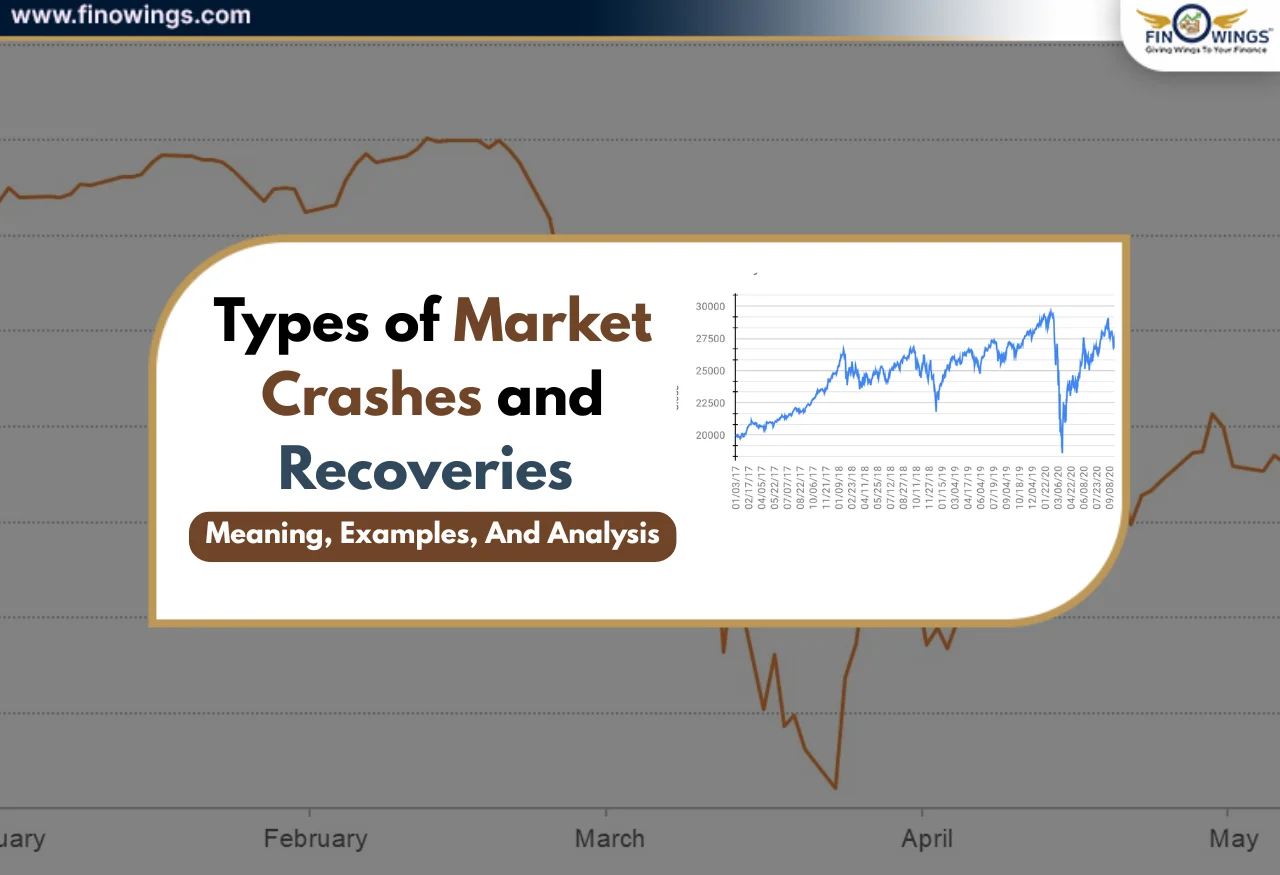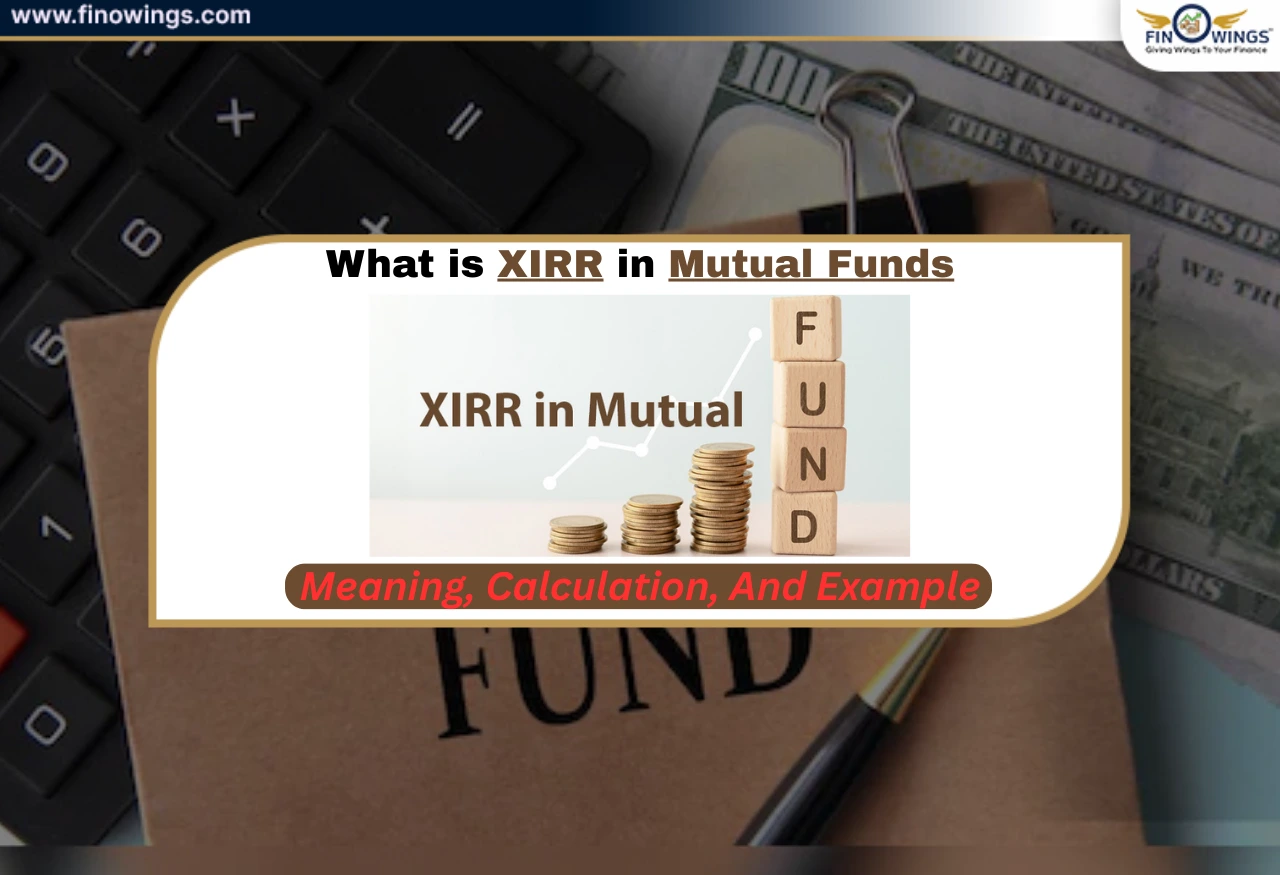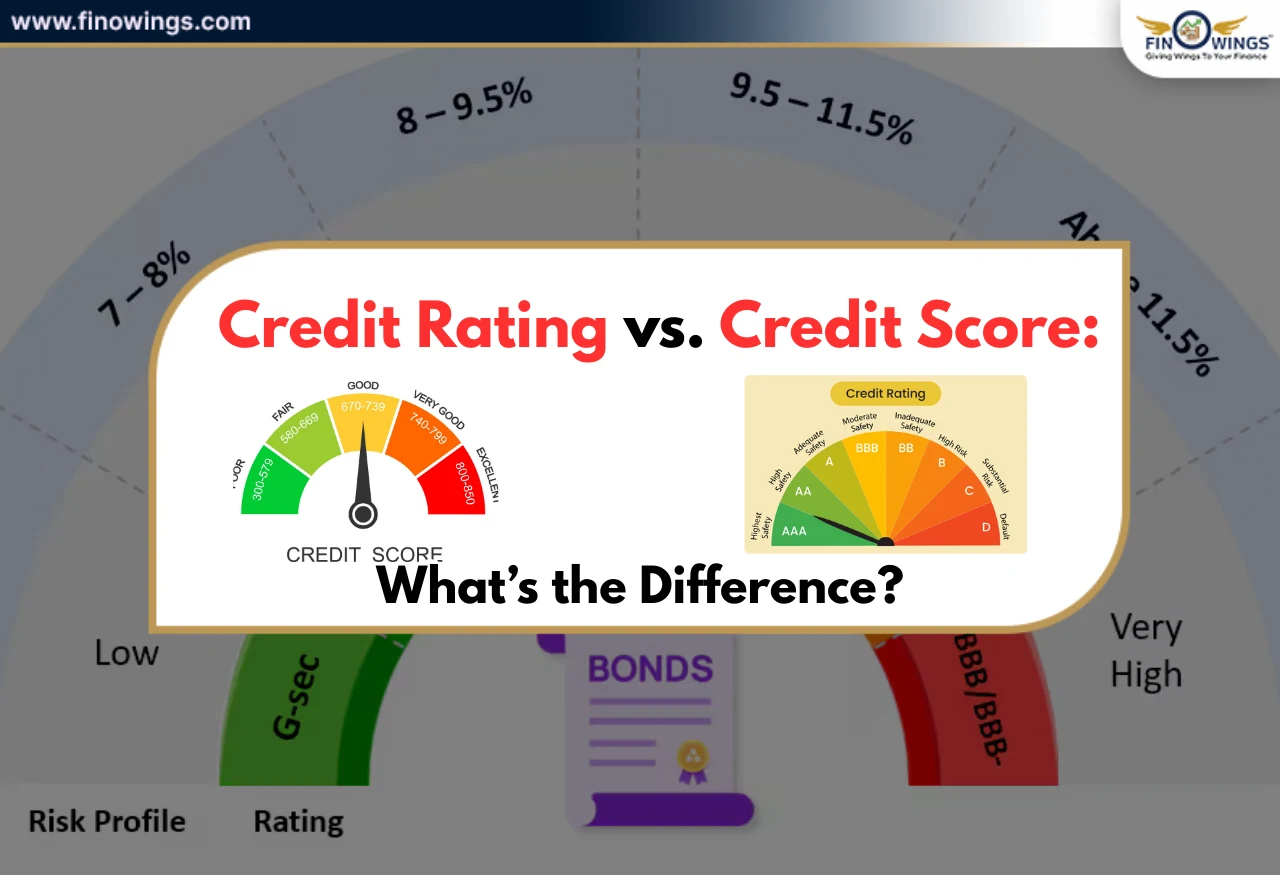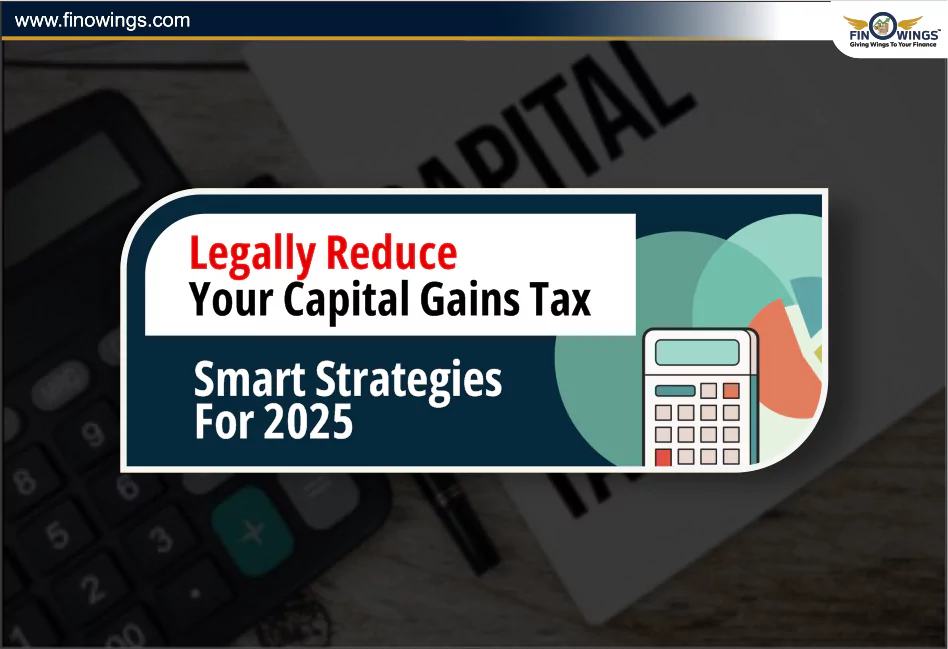Home >> Blog >> A Guide To Mortgage Loans
A Guide To Mortgage Loans
.jpeg)
Table of Contents
A Guide To Mortgage Loans
With the fast-moving world, our expenses are moving faster than ever. Things are getting expensive, but salaries are not getting hiked. Living in a world that is getting costlier every day is a pure headache, but instead of all the difficulties, there are necessities that we need to fulfill at any cost.
And to fulfill these necessities, we take the assistance of loans. But, while taking loans, our priority always lies with low interest-rate and low-risk loans; for this, mortgage loans come into the picture.
In our previous blogs, we went into great depth about reverse mortgage loans, which help older folks fund their retirement using the equity in their homes. But now is when you should also know what mortgage loans are and how they work.
So, let's dive deep into this concept of mortgage loans.
What is a Mortgage?
Mortgage or mortgage loans are secured loans where the borrower provides a house, commercial property, or any immovable asset to the lender as collateral.
Typically, mortgage loans are used to finance the purchase of a home or any other property where the home is mortgaged itself.
And this is the reason why mortgage loans are generally known as loans against property.
But, if you are taking a loan against property, i.e., a mortgage loan, you are risking your hard-earned asset, and losing this asset will be disheartening. Therefore, to prevent this from occurring to you, let's understand mortgage loans in detail.
The Mortgage Loan Process
Individuals who want to buy a home or any other property but cannot do this without external monetary support opt for mortgage loans.
With the help of mortgage loans, paying the whole purchasing amount upfront is eliminated. In this case, the borrower has to repay the whole loan amount with interest over some time, and only when the loan is clear and the entire loan amount is repaid, the ownership of the
the mortgaged property is fully transferred to the borrower or the mortgagor.
Let's say the borrower is unable to pay back the loan. In that case, the lender has the right to foreclose the property, i.e., the lender can take over the ownership of the mortgaged property and has the legal right to evict the residents, sell the property, and use the money to recover the mortgage debt.
Types of Mortgage Loans
There are a variety of mortgage loans, which a borrower can avail to fulfill certain necessities according to the goal requirement. Typically, the duration of a mortgage loan ranges from 10-15 years, and the amount of sanctioned loan is 60% of the pledged property. So, for example, if your mortgaged property has a market value of ₹1 crore, the maximum loan that can be sanctioned will be ₹60 lakhs.
Now, let's understand the various types of mortgage loans.
-
English Mortgage
In English Mortgage, the borrower or the mortgagor agrees that if the loan is not fully paid, the ownership of his/her property will be transferred to the lender. Under this condition, the borrower transfers the mortgaged property absolutely to the lender. However, if the loan is fully repaid along with interest, the ownership will be returned to the borrower.
Until the loan is fully repaid, the possession rights remain in the hands of the lender; however, the borrower is allowed to occupy the property or rent it out.
-
Fixed Rate Mortgage Loans
Fixed Rate Mortgage Loan is the most standard or traditional type of mortgage loan. Under this kind of loan, the interest rate remains fixed for the whole tenure of the loan. Therefore, this loan enables you to pay fixed monthly payments irrespective of the prevailing market rates in the future; that is, the interest rates may go up or down. Still, the interest rate on your mortgage loan will remain constant if you have a fixed-rate mortgage loan. Moreover, with this kind of loan, you know beforehand what you will pay each month, even after 10 years.
-
Floating Rate Mortgage Loans
In contrast to fixed-rate mortgage loans, floating-rate mortgage loans are provided with variable interest rates. Under these loans depending on the company's economic situation, interest rates are decided under these loans. The interest rates will fluctuate or vary in response to market developments. One should opt for this kind of loan if the interest rates are expected to decrease.
The interest rate on floating mortgage loans is directly linked to the repo rate decided by the Central Bank, i.e., the RBI. Therefore, you can either benefit from the floating rates if the interest rates decrease in the future or are harmed if interest rates increase.
-
Usufructuary Mortgage Loan
Usufruct is an amalgamation of two words, usus and fructus. Usus means to have the right to utilize something without damaging or altering it. Fructus refers to taking advantage of the property by leasing it or renting it.
In simple words, in this kind of mortgage loan, the borrower has the right to sell the mortgaged property to the lender, which can be treated as income that can be adjusted against the principal loan amount and the interest rate.
-
Adjustable-Rate Mortgage Loan
Initially, in adjustable-rate mortgage loans, the interest rates are fixed, but over the period, as the economy changes, the interest rates also change; that is, the rate of interest is increased or decreases correspondingly to the market performance.
The disadvantage of these loans is that the borrowers' first loan responsibility increases due to the fixed interest rate's initial phase. Moreover, the initial fixed interest rate makes this affordable for borrowers in the short term. Still, in the long term, the interest rates rise substantially, making it less affordable in the long run.
-
Simple Mortgage Loan
Usually, the interest rates for mortgage loans are calculated on a monthly basis. But in simple mortgage loans, the interest rates are calculated daily, which makes the interest rate in simple mortgage loans slightly higher than the usual mortgage loans.
Also, in this mortgage loan, the property is not transferred from the borrower to the lender; however, the lender has the right to sell the property if the borrower defaults in repaying the debt.
What Are The Benefits Of Mortgage Loans?
-
Being a secured loan, mortgage loans provide the benefit of availing the loan at a lower interest rate than unsecured loans.
-
If you are repaying your Mortgage, you can also claim a tax deduction on the loan.
-
While keeping the property as a Mortgage, you can continue to be the legal owner of your property.
-
The tenure for the repayment is quite long, i.e., up to 15 years. And in certain cases, this can extend to 20 years also.
But if you have a mortgage loan and are on the verge of getting retired, then what should you do?
Should Retirees Have A Mortgage Loan?
Retirement means bidding goodbye to regular monthly income, and having a mortgage loan means liability to pay installments every month.
But should you have a mortgage loan if you don't have a regular income?
First and foremost, taking out money from your retirement fund to pay off the debt is a sin in some cases because your retirement fund is the only actual source of money that will help you survive. And the decision to pay off the debt depends upon factors like your retirement corpus, income, mortgage loan interest, savings, etc.
And paying off debt is a wise decision only for those who have enough savings even after clearing their debt to continue living without sacrificing their living standard.
Conclusion
Taking mortgage loans is a personal choice depending upon the necessities an individual has. But, through this blog, we wanted to ensure that whenever you take such a loan, you know what you are falling for and what kind of loan is suitable for you.
To plan your retirement well with your mortgage loans, you should know about mortgages first. And if you are starting your retirement planning, refer to our previous blogs for a clear understanding.
















